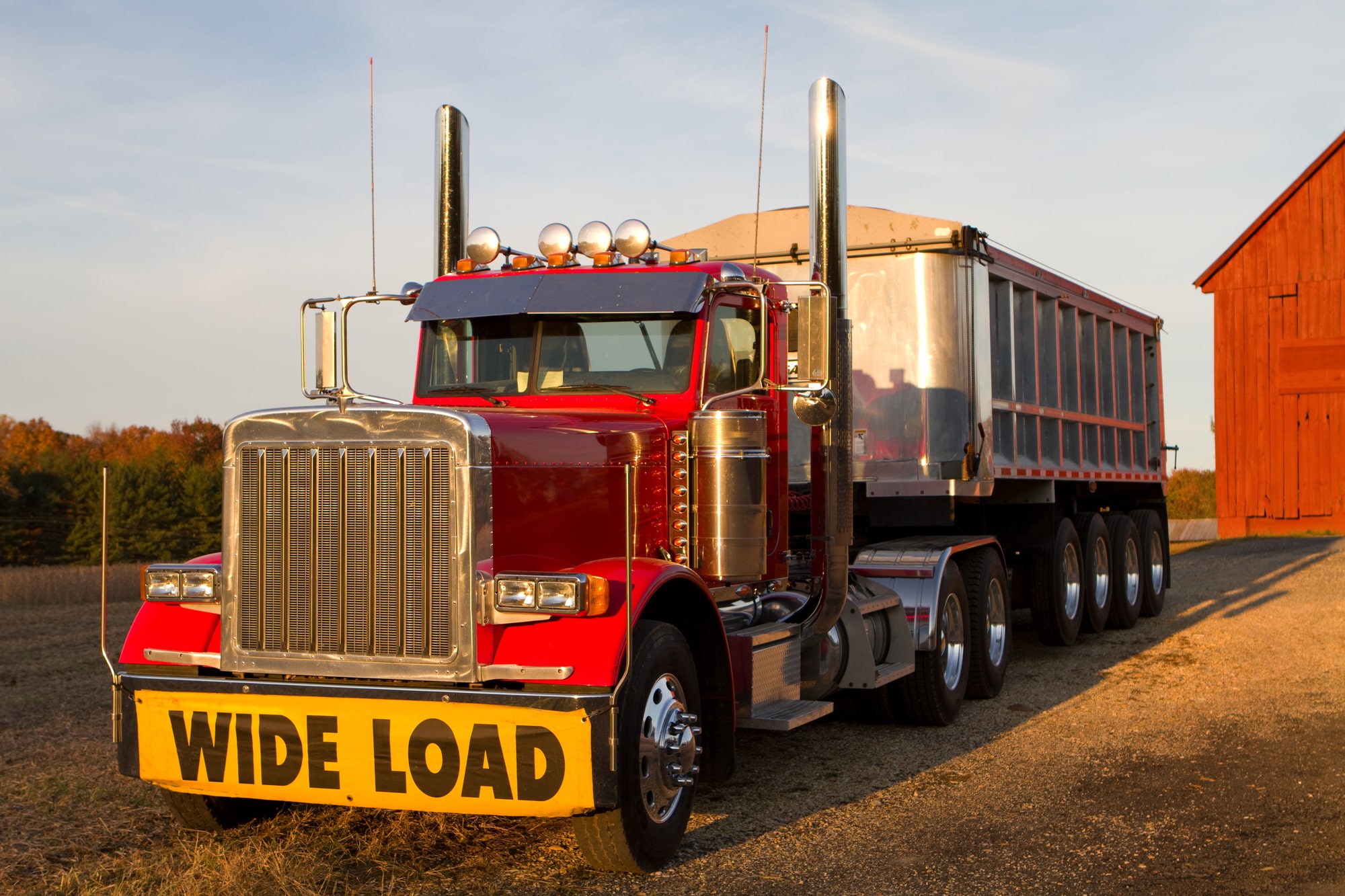BATON ROUGE PERSONAL INJURY LAWYER
West Virginia Truck Accident Laws
100% Committed To Maximizing Your Recovery
Key Factors In West Virginia Truck Accident Laws

In West Virginia, truck accident laws are influenced by various factors that can impact the legal process for victims. Understanding these key elements is essential for navigating claims and achieving fair compensation after an accident. There are several legal aspects that play a significant role in determining how truck accidents are handled in the state.
The Most Important Aspects Of A Truck Accident
One of the most important aspects of West Virginia truck accident laws is the legal framework surrounding negligence. West Virginia follows a comparative negligence rule, which allows fault to be assigned to all parties involved in an accident. This means that even if the victim is partially at fault for the accident, they may still be eligible for compensation, although their payout would be reduced in proportion to their degree of fault. This system allows for more flexibility compared to contributory negligence rules, where even a small amount of fault could bar the injured party from recovering damages.
Specific Statutory Regulations
Additionally, truck accident claims in West Virginia are subject to specific statutory regulations outlined by the state’s traffic laws. The West Virginia Code, particularly §17C-4, provides essential guidelines regarding the reporting and investigation of accidents. Victims of truck accidents should be aware of these regulations to ensure that the appropriate procedures are followed when filing a claim. For instance, reporting an accident promptly and ensuring that all the necessary documentation is in order can make a significant difference in the outcome of a case.
Another crucial element in these cases is the involvement of federal regulations. Since commercial trucking is regulated by the Federal Motor Carrier Safety Administration (FMCSA), certain standards, including driver qualifications, vehicle maintenance, and hours of service, must be adhered to. Violations of these regulations can be used to support claims of negligence or recklessness in truck accident cases. For example, if a truck driver was found to be operating beyond the legally permitted hours of service, it could be a key factor in proving liability for the accident.
When dealing with truck accidents in West Virginia, victims often find that insurance policies play a major role in the recovery process. West Virginia law requires insurance companies to provide fair compensation for damages sustained in an accident. This can include medical expenses, lost wages, and pain and suffering. In some cases, if the truck driver was found to be at fault, punitive damages may also be pursued. Understanding the nuances of how insurance companies handle claims is essential for ensuring that victims are not taken advantage of.
Navigating The Complexities Of A Truck Accident
Navigating the complexities of West Virginia truck accident laws can be a daunting task, especially with the involvement of multiple parties such as insurance companies, trucking companies, and government agencies. If you or a loved one has been involved in a truck accident, it’s crucial to seek the guidance of experienced legal professionals who can help guide you through the process and ensure that your rights are protected.
For those looking for legal assistance, Truck Law is a trusted name in the field of truck accident law. Their experienced attorneys are dedicated to helping victims understand their rights under West Virginia truck accident laws and securing the compensation they deserve. They provide personalized support throughout the legal process and can help ensure that victims of truck accidents receive a fair outcome. To learn more about how Truck Law can help you, visit their website and schedule a consultation today.
For more information on traffic accident laws in West Virginia, you can visit the state’s official Department of Transportation here.